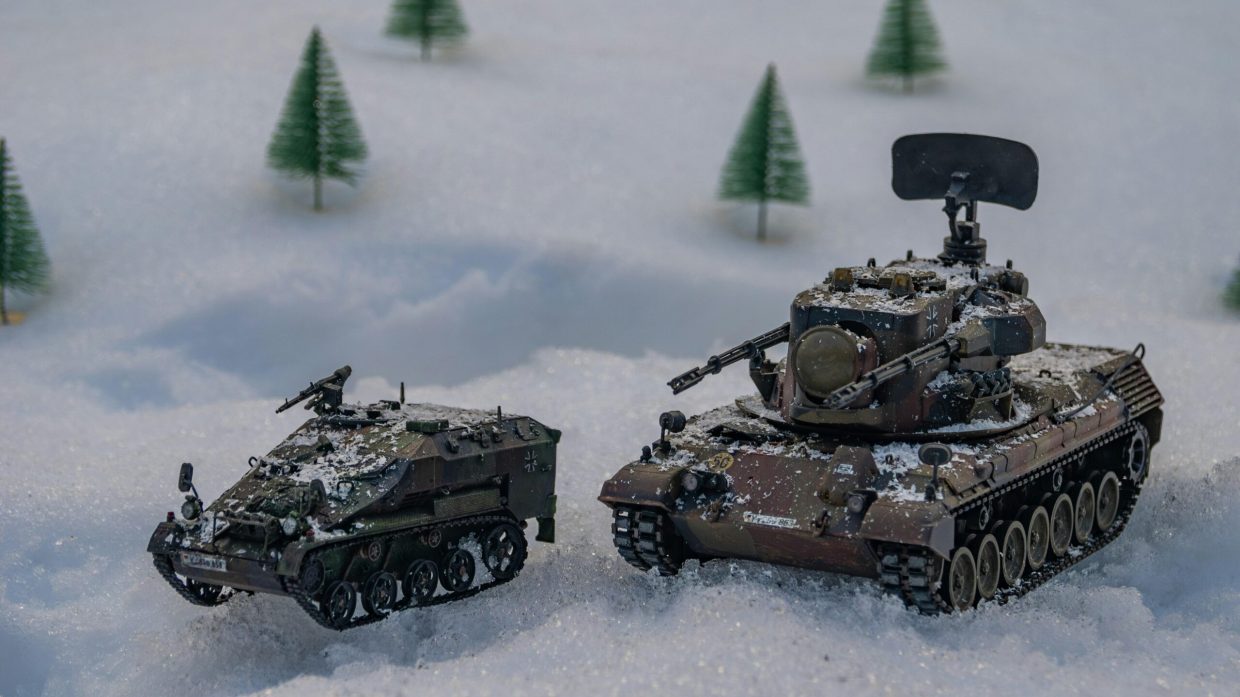When we think about the brave men and women who serve in our armed forces, it’s easy to focus on their courage and dedication on the front lines. But behind every soldier is a network of support that plays a crucial role in helping them not just survive, but truly thrive—both during their service and once they come home. From family and friends to specialized programs and community initiatives, these support systems are lifelines that nurture resilience, promote well-being, and honor the sacrifices our heroes make. In this post, let’s explore how caring for our soldiers goes beyond the battlefield and why these support networks matter more than ever.
Table of Contents
- Understanding the Emotional Landscape Soldiers Face Every Day
- Building Strong Connections Through Family and Community Support
- Practical Tips for Creating Effective Mental Health Resources
- Empowering Veterans with Career and Educational Opportunities
- Insights and Conclusions
Understanding the Emotional Landscape Soldiers Face Every Day
Every day, soldiers navigate a complex emotional terrain shaped by stress, uncertainty, and profound responsibility. Beyond the physical demands of their duties, many face feelings of isolation, anxiety, and the weight of witnessing traumatic events. It’s crucial to recognize that beneath the uniform is a person grappling with these unseen challenges. The emotional resilience required is immense, yet no one should have to endure it alone. Acknowledging these struggles openly fosters a culture of understanding and compassion within the military community and beyond.
Support systems play a pivotal role in helping soldiers regain balance and mental clarity. Whether it’s through peer groups, counseling services, or familial support, these resources provide safe spaces for expression and healing. Some key elements that make these support networks effective include:
- Consistent communication: Regular check-ins break down emotional barriers and promote trust.
- Accessible mental health resources: Ready availability of counseling can prevent issues from escalating.
- Community engagement: Shared experiences build camaraderie and reduce feelings of loneliness.
- Family involvement: Loved ones play an essential role in providing comfort and stability.
Building Strong Connections Through Family and Community Support
Strong support networks act as the backbone for soldiers navigating the challenges of military life. Families and communities provide emotional stability, practical assistance, and a sense of belonging that can significantly improve a soldier’s well-being. Whether it’s through shared celebrations, understanding difficult deployments, or offering a listening ear after a tough day, these connections fuel resilience and foster a positive mindset. By nurturing these bonds, loved ones help create an environment where soldiers feel valued and motivated to overcome adversity.
The key elements of effective support often include:
- Consistent communication: Staying connected, even from afar, reaffirming that soldiers are never alone.
- Community involvement: Local groups and organizations coming together to honor and assist military families.
- Shared experiences: Opportunities for soldiers and their families to connect with others who understand their unique lifestyle.
- Practical support: Help with child care, household tasks, or navigating military benefits to ease daily burdens.
Together, these elements build a robust safety net that champions the strength and mental health of our heroes, allowing them not just to survive but to thrive during and after their service.
Practical Tips for Creating Effective Mental Health Resources
When designing mental health resources for soldiers, accessibility should be at the forefront. Providing multiple formats such as mobile apps, printed guides, and in-person workshops ensures that support reaches individuals regardless of their environment or preference. Incorporating clear, concise language and culturally relevant examples resonates deeply, making the material relatable and easy to understand. Don’t underestimate the power of interactive elements like quizzes or scenario-based activities—they actively engage soldiers, helping them internalize coping strategies in real-life contexts.
Another essential tip is to foster a sense of community and confidentiality within the resource itself. Features like anonymous forums or peer support groups create a safe space where soldiers can openly share experiences and advice without fear of judgment. Additionally, partnering with mental health professionals to offer regular check-ins or virtual counseling adds a personalized touch that can make a world of difference. Remember, the best resources don’t just provide information; they build trust and encourage ongoing dialogue.
Empowering Veterans with Career and Educational Opportunities
Transitioning from military service to civilian life can be both exciting and challenging. Recognizing this, numerous initiatives are designed to equip veterans with the skills and knowledge they need to excel in new career paths. Access to tailored educational programs, whether through scholarships or specialized training, empowers veterans to harness their unique experiences and translate them into valuable expertise. These opportunities not only bolster confidence but also open doors to diverse industries where their discipline and leadership skills are highly prized.
Support systems for veterans often include:
- Career counseling and mentorship programs that connect veterans with industry professionals
- Workshops focused on resume building, interview skills, and networking techniques
- Flexible educational pathways, including online courses and certification opportunities
- Financial aid and grants specifically tailored for veterans pursuing higher education
By creating an environment where lifelong learning is accessible and encouraged, these programs honor the commitment of veterans and support their journey toward meaningful and fulfilling civilian careers.
Insights and Conclusions
As we’ve seen, caring for our heroes goes far beyond the battlefield—it’s about building a community of support that helps soldiers thrive in every aspect of their lives. From strong family connections to dedicated mental health resources, these systems play a vital role in ensuring our service members not only survive but truly flourish. By recognizing and investing in these support networks, we can give back to those who have given so much for us. After all, when our heroes are cared for, everyone wins. Thanks for reading, and let’s keep championing the support that makes a real difference!













